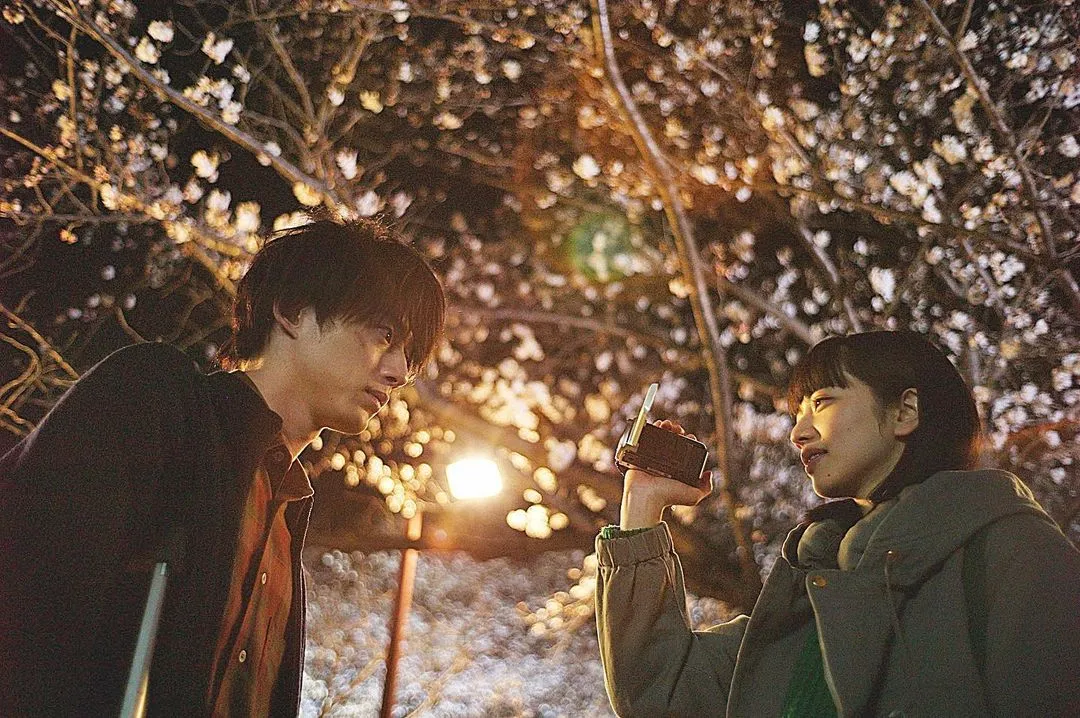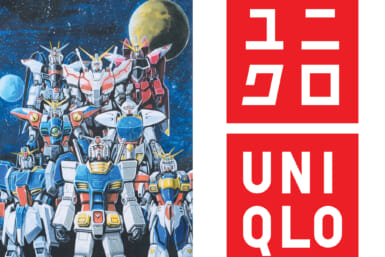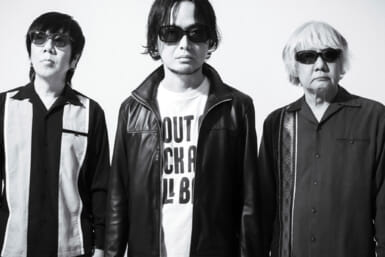It’s no wonder that romance is dead. Gone are the days of early 2000s cinematic masterpieces like How To Lose A Guy in 10 Days, Confessions of a Shopaholic and 13 Going On 30. The recent shortage of whimsical, mid-budget romances is a true travesty for nostalgic moviegoers — how else are we supposed to polish our rose-tinted glasses, find comfort in a chaotic world and develop the sudden urge to become a quirky magazine columnist?
In some ways, the rise of Korean dramas among global audiences has filled this heart-shaped void. Composed of cliffhangers, slow-burn relationships and sentimental melodies, the series’ charming recipes are endlessly adaptable. Not every romantic, however, is aware of the formative influence of Japanese films on contemporary romance tropes and narrative arcs. Beyond its renowned history of shojo manga — comic books written for young women — and anime, Japan also offers excellent romance movies. Here are a few of our recommendations.
Love Letter (1995)
Set primarily in the fairytale-like snowscape of Otaru city in Hokkaido, Love Letter beautifully renders themes of loss, memory and connection. The story revolves around Hiroko Watanabe, who is struggling to cope with the death of her fiancé and subsequently writes a letter to his old address during his school days. To her shock, she receives a response from a woman named Itsuki Fujii, a former classmate who shares the same name as her deceased fiancé. As the two women exchange letters, they unravel hidden truths about their shared past.

Both female protagonists are played by Miho Nakayama, who was highly praised for her nuanced performance. The film was Shunji Iwai’s debut feature film as a director. As well as being a critical and commercial success both at home and abroad, it was also one of the first Japanese films to be widely released in South Korea after World War II. The movie’s stunning scenery and its heartfelt soundtrack sparked a Japanese melodrama craze in South Korea, with the pivotal phrase “Ogenki desu ka? Watashi wa genki desu” (“How are you doing? I’m doing fine”) still being quoted today.
Be With You (2004)
Directed by Nobuhiro Doi, Be With You is a heartwarming fantasy romance that was critically acclaimed and, in 2018, was remade by South Korean director Lee Jang-hoon. Based on a novel by Takuji Ichikawa, the movie centers around Takumi, a widower raising a 6-year-old son named Yuji after the untimely death of his wife, Mio. One rainy day, they encounter a woman who looks exactly like Mio, but with no memory of her past or identity.
Unlike many films of its genre, the movie focuses just as much on the endurance of a family’s love as it does on a romantic connection. With a seamless structure, a poetic pace and a gorgeous, soft color palette, this subtle gem will remain in your heart long after the credits roll.
Crying Out Love in the Center of the World (2004)
Directed by Isao Yukisada, this melodrama is based on the novel Socrates in Love (2001) by Kyoichi Katayama. It was a huge box office success in Japan, and is still considered influential today. “Hitomi o Tojite” (I Close My Eyes), the title track by Ken Hirai, became a best-selling single in its own right.
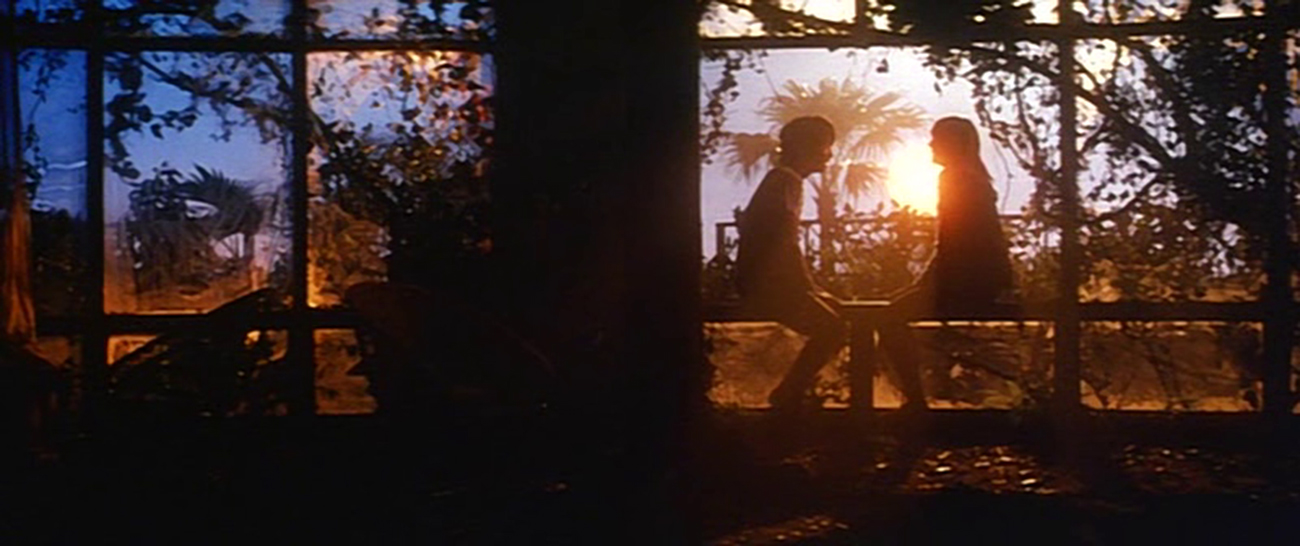
The story unfolds in two timelines. The present-day narrative follows Saku, a man in his mid-30s who is about to marry a woman named Ritsuko. When Ritsuko discovers an old audio cassette, the couple find themselves revisiting their shared hometown to confront the memories of Saku’s high school sweetheart, Aki. The past timeline, composed of hazy, nostalgic flashbacks, revolves around Saku and Aki’s blossoming romance in the 1980s and the heartbreaking tragedy they faced.
One Million Yen Girl (2008)
If you don’t feel like watching a traditional melodrama or romantic comedy, this is a great option. Written and directed by Yuki Tanada, One Million Yen Girl is a charming coming-of-age story featuring an element of romance. Suzuko Sato, a 21-year-old woman, decides to embark on a completely new life after a series of unfortunate events. Her plan is to save ¥1 million, move to a town where no one knows her and start over.
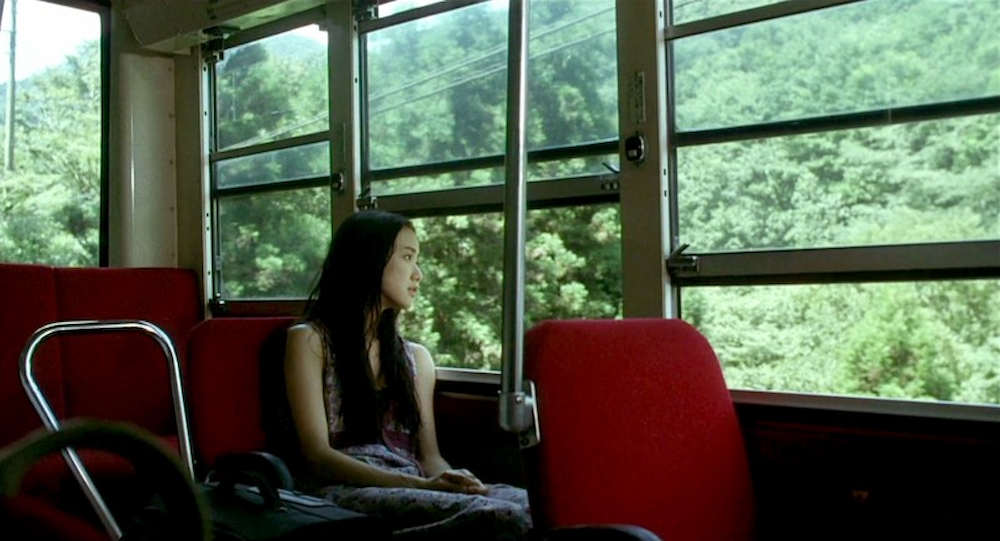
Suzuko’s determination to make her own way in the world defies traditional cinematic gender roles. She is played by Yu Aoi, an icon of the eclectic “mori (forest) girl” fashion scene. Fans of One Million Yen Girl and Aoi may also enjoy Honey and Clover (2006), a sweet live-action manga adaptation that follows five art school students as they navigate love, friendship and self-discovery.
Kimi Ni Todoke (2010)
If you are at all into manga and anime, you have likely come across Kimi Ni Todoke (also known as From Me To You), a sweet coming-of-age romantic comedy about friendship and first love. Nicknamed “Sadako” due to her resemblance to the long-haired ghost from The Ring, Sawako Kuronuma (Mikako Tabe) longs to make friends and find acceptance. The story follows her unlikely encounter and eventual romance with Shota Kazehaya, a popular and outgoing boy in her class, and their mutual encouragement for each other. Along the way, Sawako develops strong friendships with Chizuru and Ayane, who have their own challenges to overcome.
The live adaptation closely follows the source material and maintains its emotional core. Haruma Miura, who plays Shota, was one of Japan’s most well-known heartthrobs in the 2010s and a beloved actor until his unfortunate passing in 2020. His role in romantic films like Kimi Ni Todoke and Koizora (2007) continue to touch the hearts of fans around the world.
Paradise Kiss (2011)
Another film based on a manga of the same name, Paradise Kiss is a classic 2010s romantic comedy complete with quirky fashion and original songs by iconic pop-rock singer-songwriter Yui. Fans of Nana — one of the most famous Japanese manga of all time, also written by Ai Yazawa — would likely appreciate the unique charms of the Paradise Kiss universe. The two stars, Keiko Kitagawa and Osamu Mukai, were both at the height of their careers at the time, contributing to the film’s popularity.

Paradise Kiss follows the journey of diligent high school student Yukari Hayasaka. Her predictable life takes an unexpected turn when she is scouted for modeling work by a group of eccentric fashion design students. Drawn into their colorful world, Yukari finds her independence while developing a complex relationship with George, the talented leader of the group.
My Tomorrow, Your Yesterday (2016)
Takatoshi Minamiyama (Sota Fukushi) is a visual arts student in Kyoto. When he encounters Emi Fukuju (Nana Komatsu) on a train, it’s love at first sight, and their relationship blooms quickly. But Takatoshi finds himself confused by Emi’s strange antics. She predicts things before they happen and always leaves dates before midnight. When she finally reveals her secret, the couple must figure out how to continue their relationship.
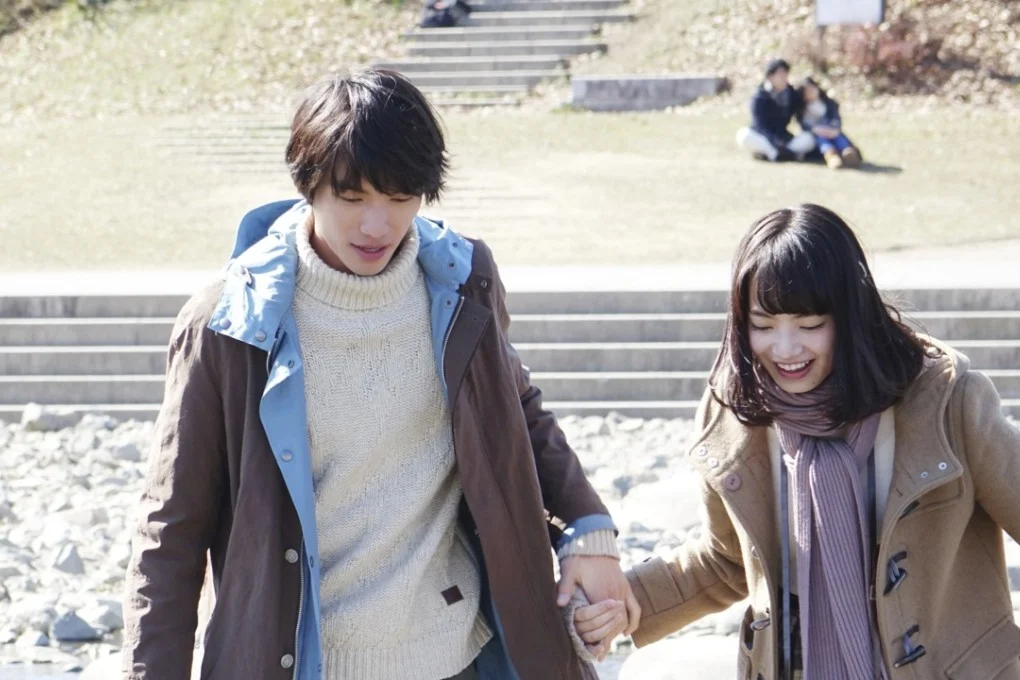
With an interesting premise and heartfelt performances, the film experienced great domestic success, especially as it was based on a bestselling novel. It’s also set in Kyoto, which means international audiences can enjoy stunning backdrops such as Fushimi Inari Taisha Shrine and the Kamo River. Back Number, a popular Japanese rock band, sing the atmospheric theme song titled “Happy End.”
The Last 10 Years (2022)
Based on a novel of the same name, this tearjerker stars Nana Komatsu and Kentaro Sakaguchi. The film tells the story of Matsuri Takabayashi, a 20-year-old woman with an incurable disease who discovers she only has 10 years left to live. In a twist of fate, she encounters Kazuto Manabe at a school reunion and falls in love with him despite her initial resolve to remain detached.
The film was applauded for its delicate portrayal of terminal illness and the preciousness of life. It is also visually stunning, with beautiful cinematography that captures the changing seasons and nuanced emotions. A touching score was developed by Radwimps, one of Japan’s most iconic rock bands. The Last 10 Years is available to watch on Netflix.

